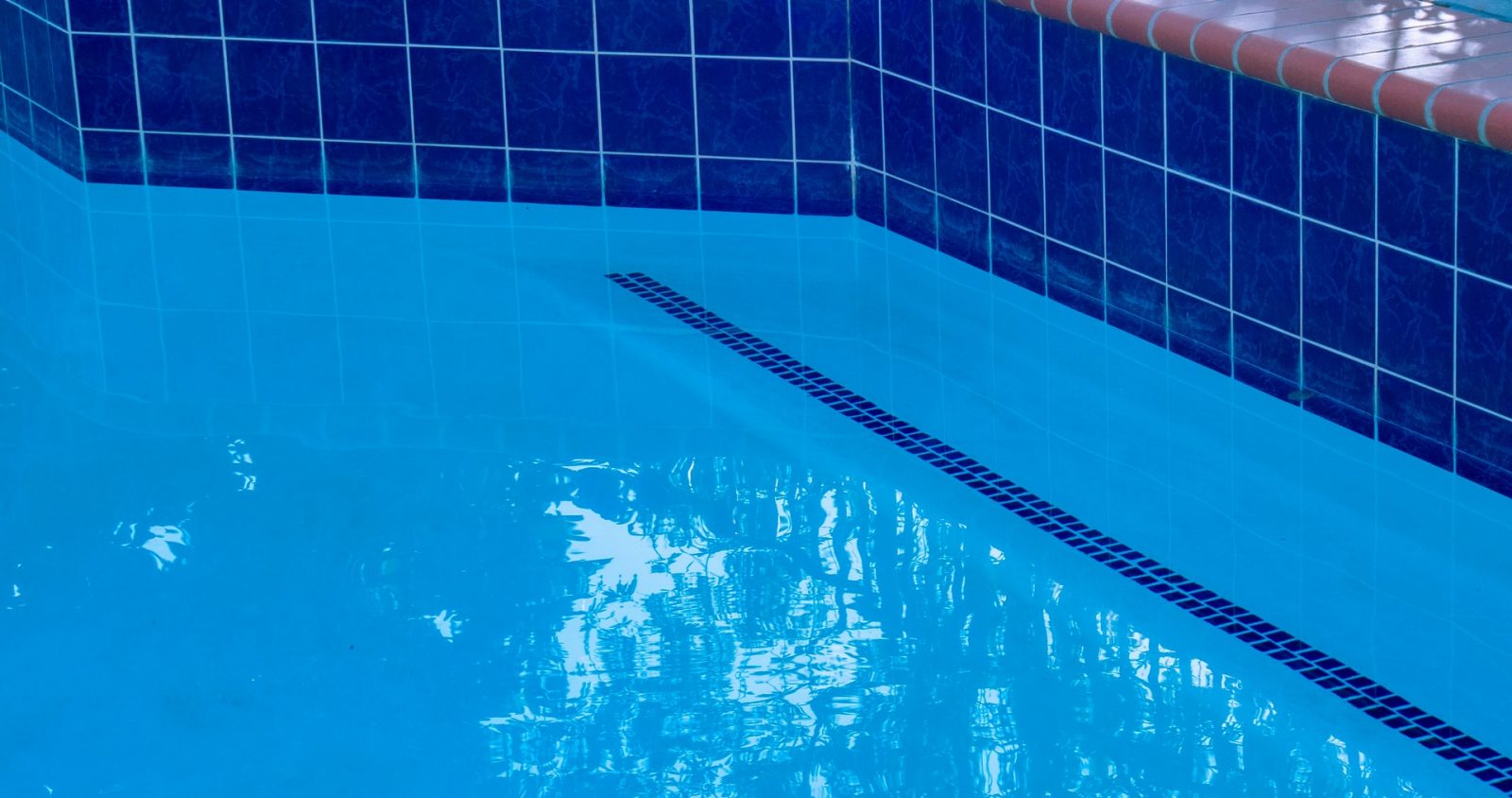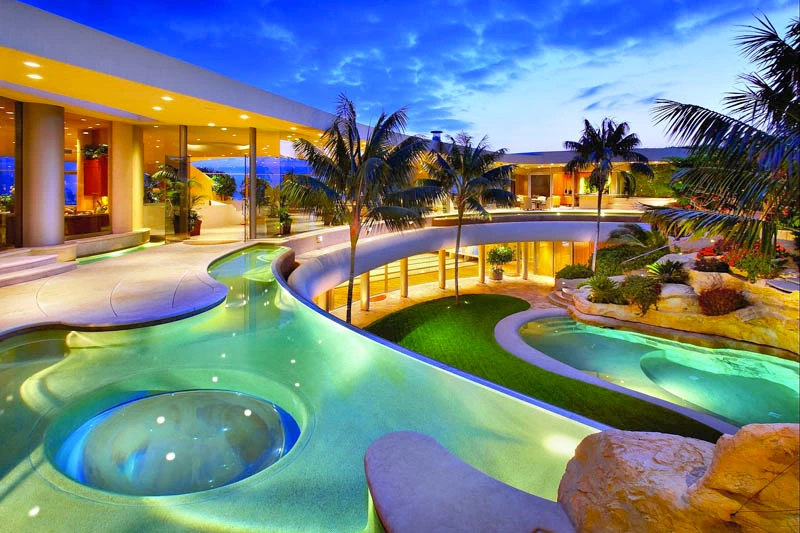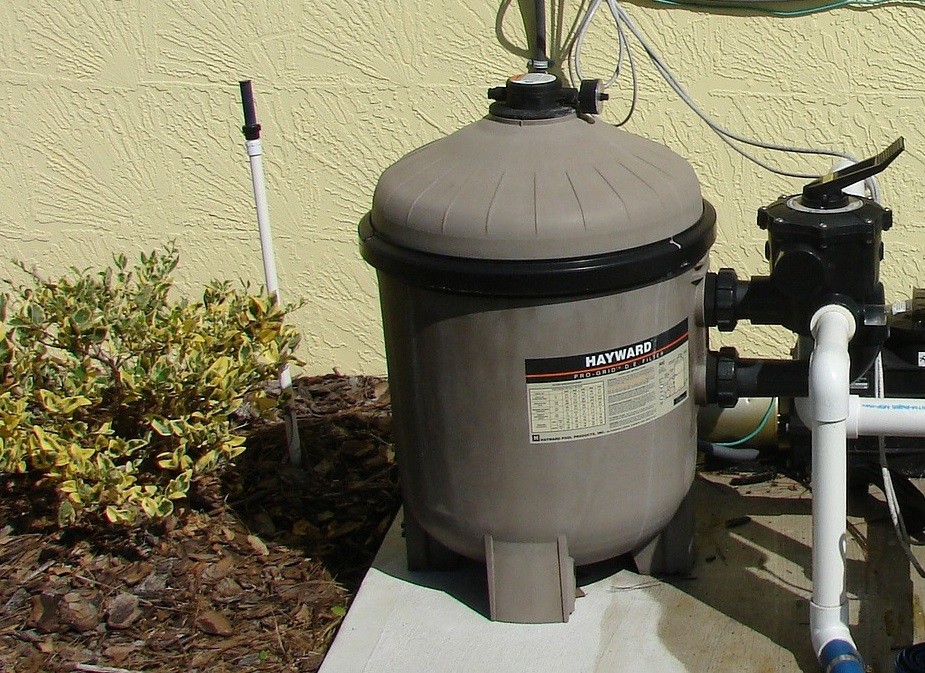Calcium is one of the chemicals that are vital for your swimming pool health. Out of all the chemicals that are commonly used in swimming pools, calcium is the one that is most neglected.
Many pool owners even do not know that their pool needs calcium to maintain a healthy chemical balance. Because it seems to be an unimportant chemical, people do not bother adding it into their pool. As a result, they face costly damage in the long run.
What Is Calcium in Pool?
Calcium or Calcium Carbonate in the pool is also referred to as “Calcium Hardness”. The hardness is the measurement used on how much calcium is present in your swimming pool. Like in any other chemical, calcium should be balanced properly.
Comparing this topic to the car analogy, the calcium of your pool is equal to the oil of your car. Without the calcium, it will make your swimming pool look good externally. However, you didn’t know that internally it is starting to get damaged.
So, to better understand how calcium affects your swimming pool let us go through each scenario of having low and high calcium on your swimming pool.
When the Calcium on Your Pool Is Low
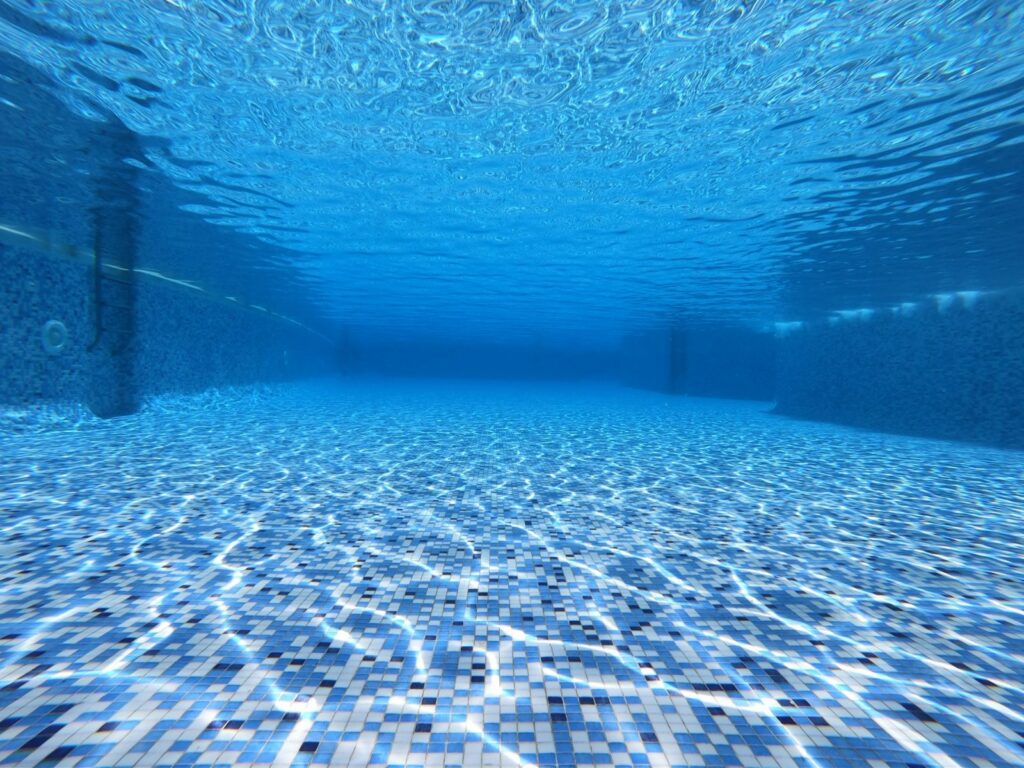
Calcium levels at the higher and lower end of the scales will ultimately create issues. And if they do, you have to be prepared for severe implications.
Low calcium levels, which is frequently the case, will cause long-term significant damage. This is particularly for plaster, vinyl liners, grout in between tiles, metal railings, and even your pool concrete decking.
This occurs because the city water you used to fill your pool with is extremely aggressive. With that being said, the plain water that seems to be harmless will seek to dissolve minerals, metals, and any substances in your pool.
Although soft water is preferable for everyday use, calcium hardness is required in the water. With enough calcium dissolved, the hostile characteristic of water is subdued. It will then works to avoid the leakage out of certain compounds in pool equipment.
When it comes to plaster pools, a low level of calcium in the water will attract calcium directly from the plaster. As a result, it will make it crumble, become rough, or cause it to pit. When this happens, you will require to replaster your swimming pool which can be a huge expense and inconvenience.
Meanwhile, low calcium levels also contribute to the loss of elasticity and suppleness in vinyl liners.
In a nutshell, it’s an excellent way to extend the life of your pool liners. Metals (from rails to heat exchangers on heaters) on the other hand will corrode slowly, and this effect is amplified if you expose them to moisture.
When the Calcium in Your Pool Is Low
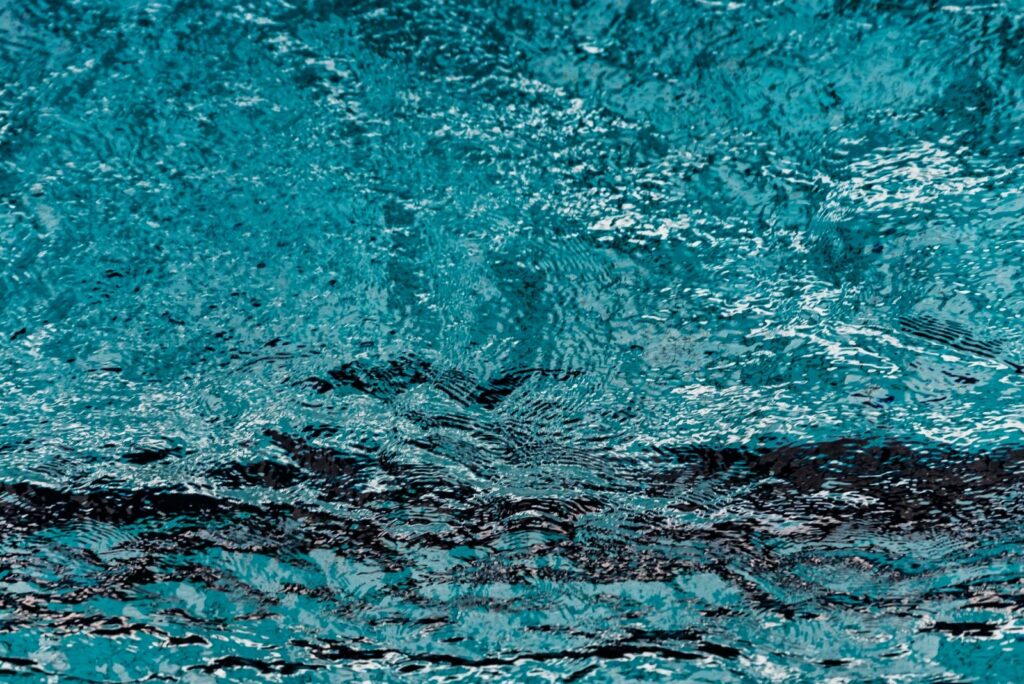
Excessive levels of calcium in your pool, on the other hand, have negative consequences. With calcium levels above the desired range, scaling that are hard to remove off of the walls and equipment, cloudiness that does not change, and even irritation to the eyes and skin can occur
This scenario means that there is too much calcium in your pool for the water to hold. In many cases, it will even decelerate your swimming pool filter system. It will start to clog the filter and restrict the rate at which water can flow.
High pH will also exacerbate your problem. Because it allows more compounds to emerge out of the solution and stick to the pool’s surfaces.
Calcium is not the kind of chemical where you can only add some more into the water once the levels are low to balance the measure. Once the levels are too high, you can not drain the water thinking it will go down to the drain along with all the other chemicals.
Monitoring and managing your pool’s calcium hardness can be tricky which is why it is highly recommended to seek help from an arizona pool maintenance service company near you.
Never Forget About the Calcium
Don’t be like the other pool owners. They neglect the importance of having the right calcium hardness on their swimming pool water. Next time you check for your pool chemical balance, ensure that you are also checking for the calcium of your pool. Do not only focus on the pH, chlorine level, and the like.
Interested in a free quote and you live in Chandler, Gilbert, Queen Creek, Mesa or Tempe please contact Aloha Desert Pools at 480-625-8794 or email us!

